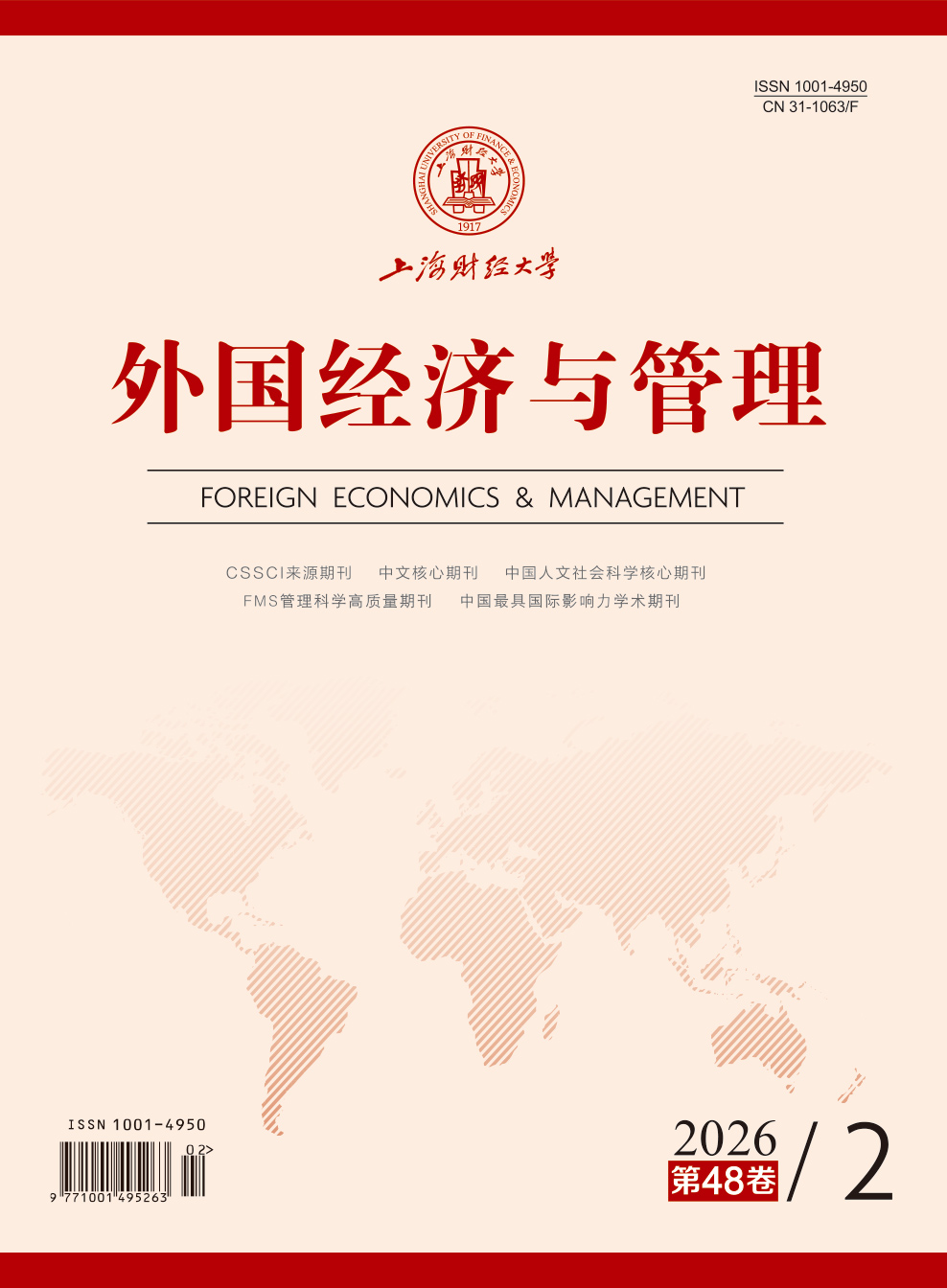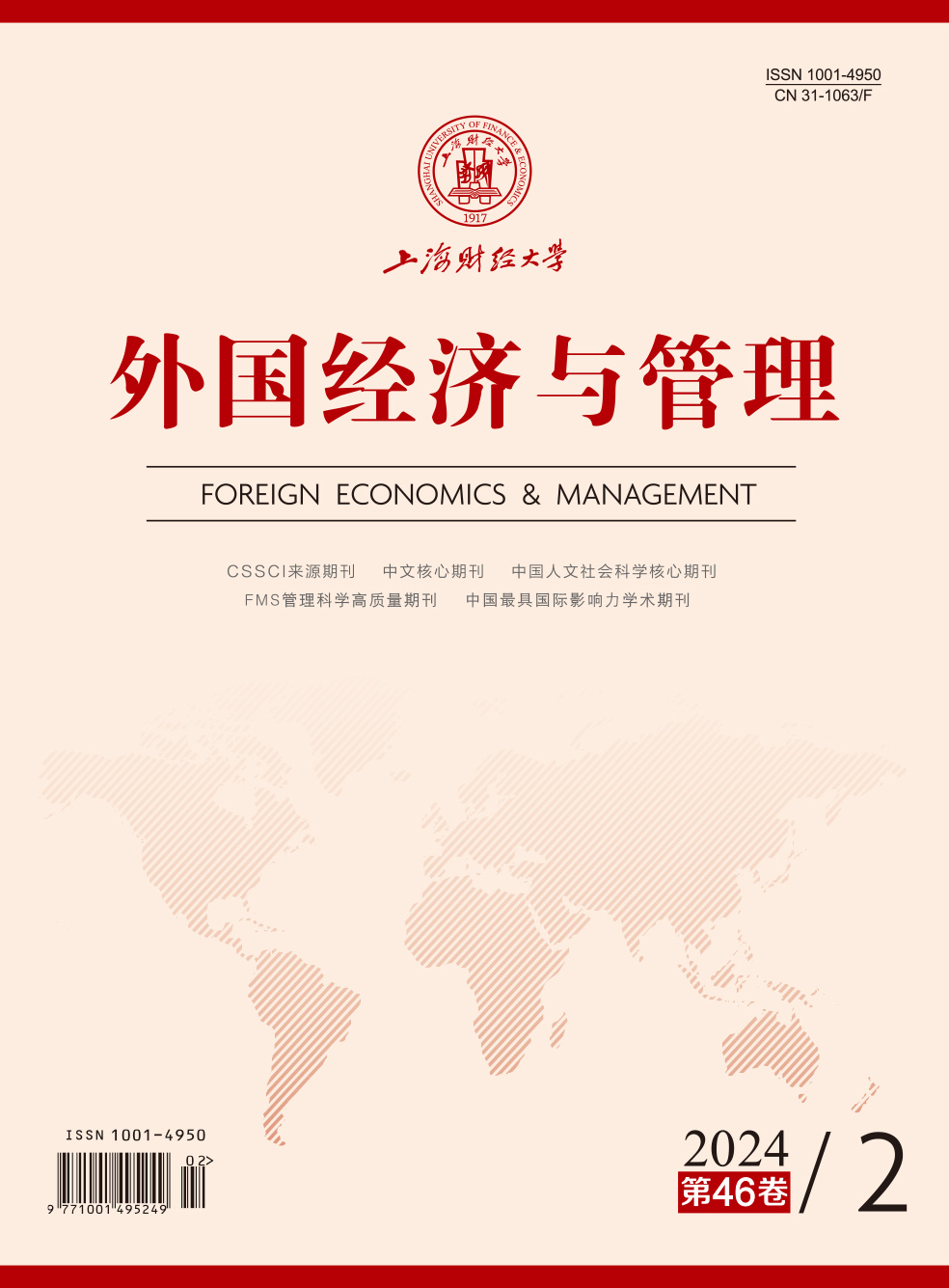随着“碳达峰”和“碳中和”目标的提出,绿色消费理念越来越深入人心。如何提升消费者的绿色产品购买意愿也引发了研究人员的关注。在此背景下,本研究从资源概念启动的视角,探讨了金钱与时间资源对绿色消费行为的影响。结果发现:当绿色产品宣传突出他人和环境的福利提升时,启动个体的时间(vs.金钱)资源概念更有利于提升消费者的绿色产品购买意愿;当绿色产品宣传强调更有利于消费者自身及家人的信息时,启动个体的金钱(vs.时间)资源概念能够更有效地促进绿色消费。此外,本研究从积极情绪和自我建构水平的视角分别验证了资源概念启动与受益主体影响绿色消费的中介机制和边界条件。
“利益至上”还是“环保先行”?——金钱与时间资源对绿色消费的影响
摘要
参考文献
3 劳可夫. 消费者创新性对绿色消费行为的影响机制研究[J]. 南开管理评论, 2013, 16(4): 106-113,132. DOI:10.3969/j.issn.1008-3448.2013.04.011
5 朱振中, 刘福, Chen H. 能力还是热情? 广告诉求对消费者品牌认同和购买意向的影响[J]. 心理学报, 2020, 52(3): 357-370.
6 Amatulli C, De Angelis M, Peluso A M, et al. The effect of negative message framing on green consumption: An investigation of the role of shame[J]. Journal of Business Ethics, 2019, 157(4): 1111-1132. DOI:10.1007/s10551-017-3644-x
7 Bolin J H. Andrew F. Hayes (2013). Introduction to Mediation, Moderation, and Conditional Process Analysis: A Regression-Based Approach. New York, NY: The Guilford Press[J]. Journal of Educational Measurement, 2014, 51(3): 335-337. DOI:10.1111/jedm.12050
8 Bruner J S. On perceptual readiness[J]. Psychological Review, 1957, 64(2): 123-152. DOI:10.1037/h0043805
9 Cavanaugh L A, Bettman J R, Luce M F. Feeling love and doing more for distant others: Specific positive emotions differentially affect prosocial consumption[J]. Journal of Marketing Research, 2015, 52(5): 657-673. DOI:10.1509/jmr.10.0219
10 Davis J J. Consumer response to corporate environmental advertising[J]. Journal of Consumer Marketing, 1994, 11(2): 25-37. DOI:10.1108/07363769410058902
11 Gino F, Mogilner C. Time, money, and morality[J]. Psychological Science, 2014, 25(2): 414-421. DOI:10.1177/0956797613506438
12 Goenka S, van Osselaer S M J. Charities can increase the effectiveness of donation appeals by using a morally congruent positive emotion[J]. Journal of Consumer Research, 2019, 46(4): 774-790. DOI:10.1093/jcr/ucz012
13 Gong Y P, Li J, Xie J L, et al. Will “green” parents have “green” children? The relationship between parents’ and early adolescents’ green consumption values[J]. Journal of Business Ethics, 2022, 179(2): 369-385. DOI:10.1007/s10551-021-04835-y
14 Green T, Peloza J. Finding the right shade of green: The effect of advertising appeal type on environmentally friendly consumption[J]. Journal of Advertising, 2014, 43(2): 128-141. DOI:10.1080/00913367.2013.834805
15 Janiszewski C, Wyer R S. Content and process priming: A review[J]. Journal of Consumer Psychology, 2014, 24(1): 96-118. DOI:10.1016/j.jcps.2013.05.006
16 Jin H S, Kim H J, Suh J, et al. Ego depletion and charitable support: The moderating role of self-benefit and other-benefit charitable appeals[J]. Journal of Advertising, 2021, 50(4): 479-493. DOI:10.1080/00913367.2021.1887012
17 Kareklas I, Carlson J R, Muehling D D. “I eat organic for my benefit and yours”: Egoistic and altruistic considerations for purchasing organic food and their implications for advertising strategists[J]. Journal of Advertising, 2014, 43(1): 18-32. DOI:10.1080/00913367.2013.799450
18 Kim N. Advertising strategies for charities: Promoting consumers’ donation of time versus money[J]. International Journal of Advertising, 2014, 33(4): 707-724. DOI:10.2501/IJA-33-4-707-724
19 Luchs M G, Naylor R W, Irwin J R, et al. The sustainability liability: Potential negative effects of ethicality on product preference[J]. Journal of Marketing, 2010, 74(5): 18-31. DOI:10.1509/jmkg.74.5.018
20 MacDonnell R, White K. How construals of money versus time impact consumer charitable giving[J]. Journal of Consumer Research, 2015, 42(4): 551-563.
21 Markus H R, Kitayama S. Culture and the self: Implications for cognition, emotion, and motivation[J]. Psychological Review, 1991, 98(2): 224-253. DOI:10.1037/0033-295X.98.2.224
22 Mehrabian A. Framework for a comprehensive description and measurement of emotional states[J]. Genetic, Social, and General Psychology Monographs, 1995, 121(3): 341-361.
23 Mogilner C. The pursuit of happiness: Time, money, and social connection[J]. Psychological Science, 2010, 21(9): 1348-1354. DOI:10.1177/0956797610380696
24 Mogilner C, Aaker J. “The time vs. money effect”: Shifting product attitudes and decisions through personal connection[J]. Journal of Consumer Research, 2009, 36(2): 277-291. DOI:10.1086/597161
25 Su L, Gao L L. Strategy compatibility: The time versus money effect on product evaluation strategies[J]. Journal of Consumer Psychology, 2014, 24(4): 549-556. DOI:10.1016/j.jcps.2014.04.006
26 Trope Y, Liberman N. Temporal construal[J]. Psychological Review, 2003, 110(3): 403-421. DOI:10.1037/0033-295X.110.3.403
27 Trope Y, Liberman N. Construal-level theory of psychological distance[J]. Psychological Review, 2010, 117(2): 440-463. DOI:10.1037/a0018963
28 Usrey B, Palihawadana D, Saridakis C, et al. How downplaying product greenness affects performance evaluations: Examining the effects of implicit and explicit green signals in advertising[J]. Journal of Advertising, 2020, 49(2): 125-140. DOI:10.1080/00913367.2020.1712274
29 Vohs K D, Mead N L, Goode M R. The psychological consequences of money[J]. Science, 2006, 314(5802): 1154-1156. DOI:10.1126/science.1132491
30 Whillans A V, Dunn E W. Thinking about time as money decreases environmental behavior[J]. Organizational Behavior and Human Decision Processes, 2015, 127: 44-52. DOI:10.1016/j.obhdp.2014.12.001
31 Whillans A V, Dunn E W. Valuing time over money is associated with greater social connection[J]. Journal of Social and Personal Relationships, 2019, 36(8): 2549-2565. DOI:10.1177/0265407518791322
32 White K, Habib R, Hardisty D J. How to SHIFT consumer behaviors to be more sustainable: A literature review and guiding framework[J]. Journal of Marketing, 2019, 83(3): 22-49. DOI:10.1177/0022242919825649
33 Yan L, Keh H T, Wang X Y. Powering sustainable consumption: The roles of green consumption values and power distance belief[J]. Journal of Business Ethics, 2021, 169(3): 499-516. DOI:10.1007/s10551-019-04295-5
34 Yang D F, Lu Y, Zhu W T, et al. Going green: How different advertising appeals impact green consumption behavior[J]. Journal of Business Research, 2015, 68(12): 2663-2675. DOI:10.1016/j.jbusres.2015.04.004
35 Zhou X Y, Vohs K D, Baumeister R F. The symbolic power of money: Reminders of money alter social distress and physical pain[J]. Psychological Science, 2009, 20(6): 700-706. DOI:10.1111/j.1467-9280.2009.02353.x
引用本文
孙瑾, 陈晨, 渠文静. “利益至上”还是“环保先行”?——金钱与时间资源对绿色消费的影响[J]. 外国经济与管理, 2024, 46(2): 53-69.
导出参考文献,格式为:





 5330
5330  6690
6690

